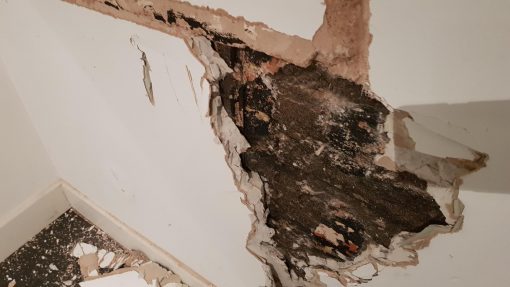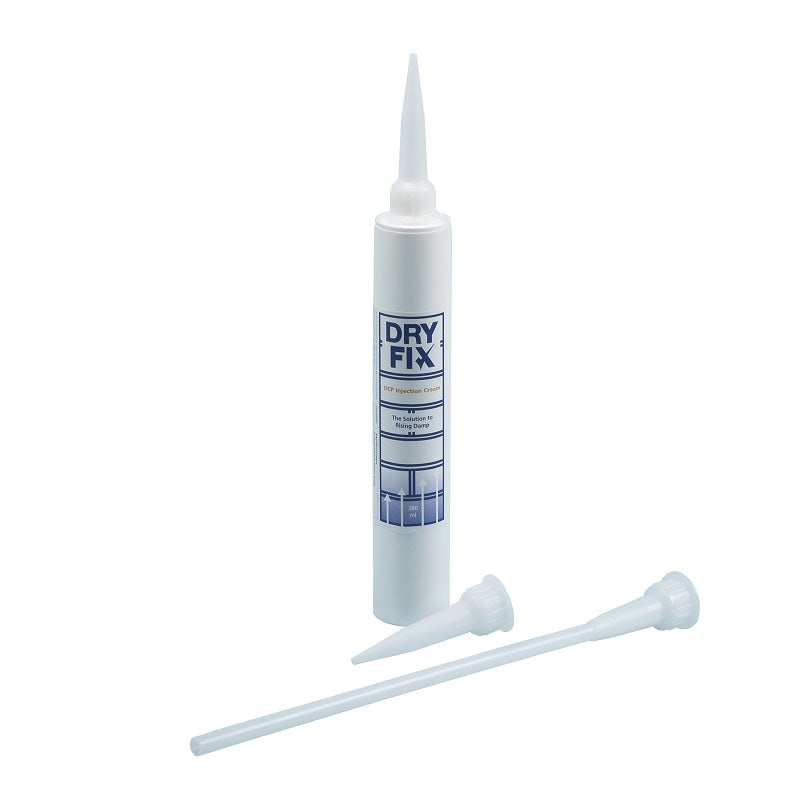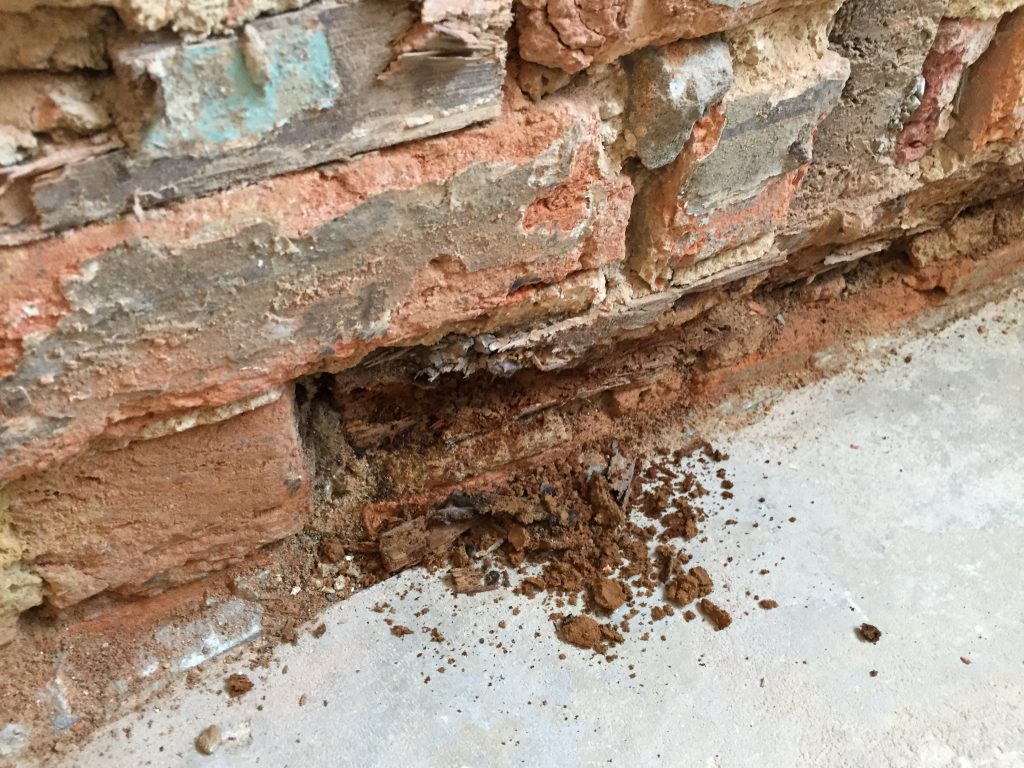News
Should I inject a chemical DPC into the brick?
We occasionally get asked “Should I inject a chemical DPC into brick”, or mortar course.
For those customers who are unsure how to treat rising damp or are unsure whether should I inject a chemical dpc into the brick, we have put together some answers to your questions.

What is a DPC used for?
A Damp Proof Course is most frequently referred to as DPC and is a barrier used to prevent the travel of moisture from the ground up a wall which in doing so is referred to as rising damp.
For those who are unsure of what rising damp is, it is a challenging damp issue that see’s moisture in the ground rise up through the structure of the building through both bricks and mortar. Rather like a sponge soaking up water off a surface so the bottom few courses of brick and mortar will absorb damp, before rising up the wall unless checked by a DPC.
How do you use a DPC injection cream?
Once you are in no doubt the cause for a given damp issue is in fact due to damp from the ground due to the failure of an existing DPC such as slate then it will be recommended that you consider a chemical DPC cream that is injected into the affected area ideally extending in each direction either side by a minimum of 500mm.
The recommendation being is by injecting the chemical DPC into the correctly positioned mortar course which offers the best scope for ‘transfusion’ to create a true and successful DPC treatment.
When it comes to a successful application, an effective transfusion will see the mainactive ingredient within the injection cream soak into the mortar and surrounding brickwork, creating an effective damp-proof barrier across the affected wall. Should I inject a chemical DPC into the brick? For those using a DPC cream for the first time, it’s not to say you cannot inject into brick, but we advise to reduce the drill hole centres from 120mm apart to 100mm apart or two injected holes per brick face to assist sufficient transfusion of injection cream. Ideally however, the recommended process is to inject into mortar at no father than 120mm centres apart.
The correct drill bit for this job and for a successful damp proof course is an SDS Plus Masonry drill bit 12mm in diameter. You should drill to 90% depth of the wall that needs to be treated. The holes should be cleared of dust by using a blow out pump or a router.

How long does a chemical damp proof course take to work?
When it comes to completing a successful damp proof course, the curing time for the chemical to work as an effective DPC is between 2 – 6 weeks.
It is suggested that a correctly installed chemical damp proof course can last and protect the property for up to 20 years. When completing your damp treatment with
the use of the BBA approved, DryFix, a 20 year performance guarantee is available when requested.
How long can it take a damp wall to dry out?
For enthusiastic homeowners keen to get redecorating their home, a common question is often, how long does it take before you can redecorate. A common
assumption being that as soon as the new chemical dpc is cured the walls will be dry. However this is incorrect. A standard stock brick 4.5 inches wide can take as much as one month per inch the thickness to dry out. The answer to quicker decorated finishes is in fact due to the re-plastering finish and for which, we recommend the application of damp proofing membranes to which you can dot and dab plasterboard for a far quicker decorated finish a matter of days.
Where can you get the required supplies?
When it comes to purchasing the required damp proofing treatment and the necessary drills, get all your required stock here at Alliance Remedial Supplies.
From cream to membrane kits, if you are a supplier stocking up on DPC treatment before the winter months, be sure not to forget to request your 20 year performance
guarantee!
For more information on the best damp proof course for you or to discuss your rising damp needs, contact our friendly and experienced team here.


